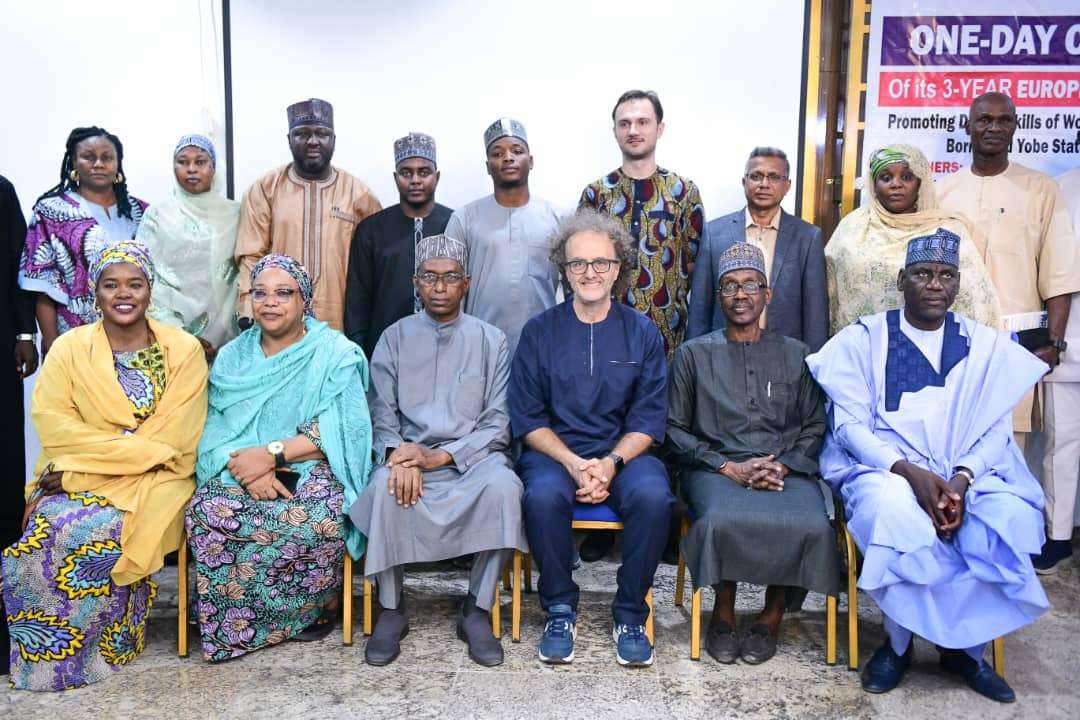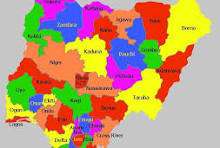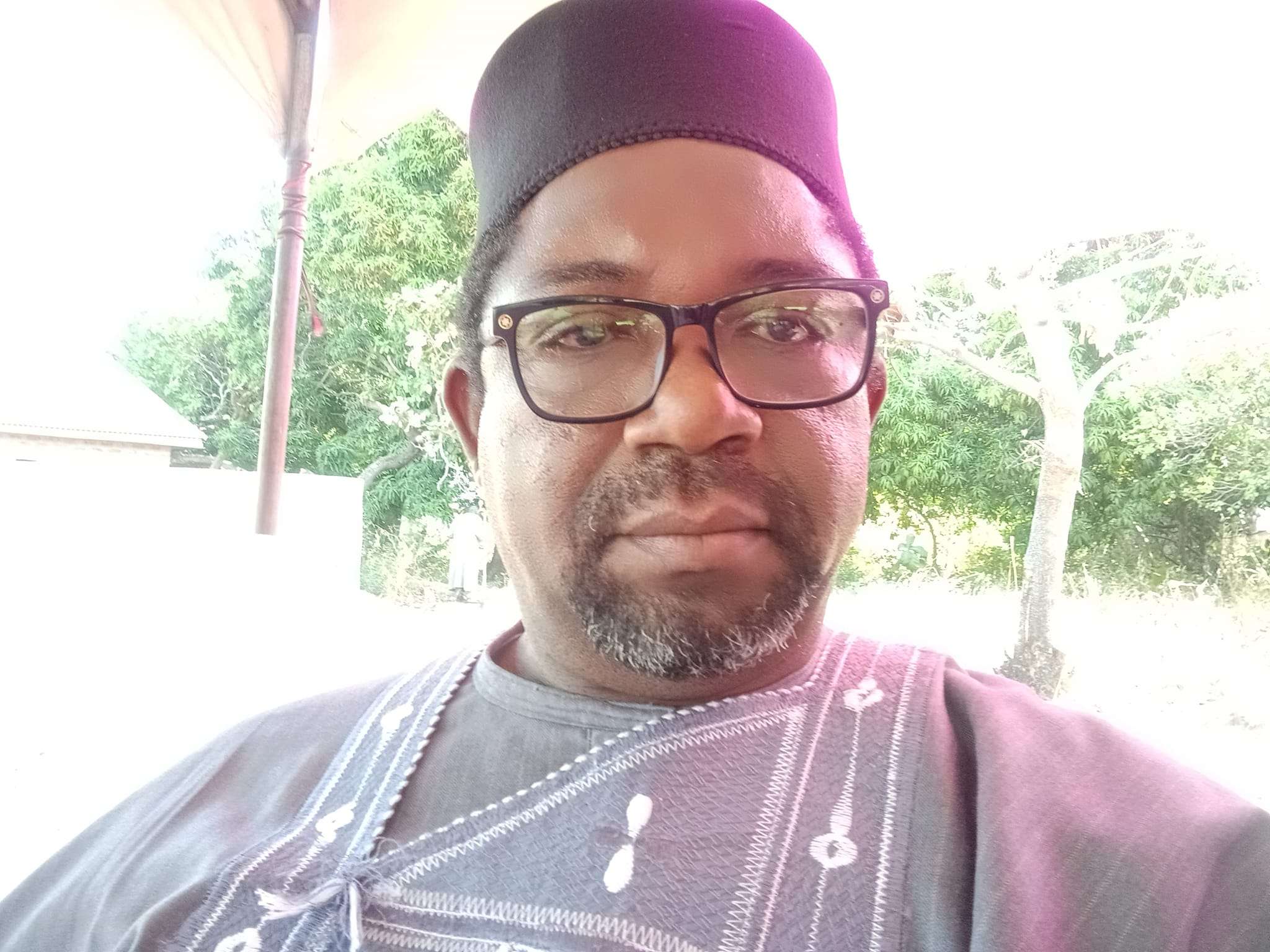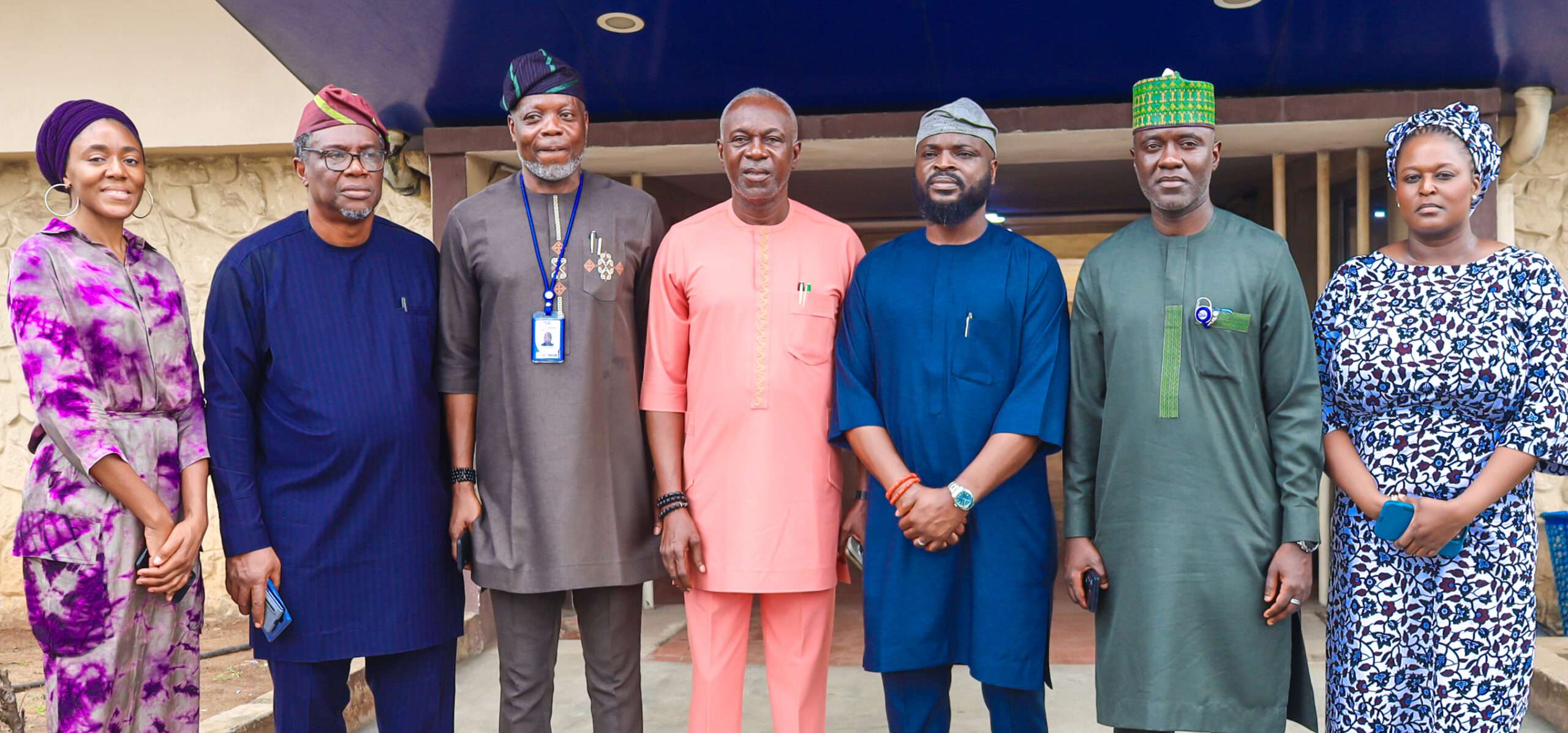By Alex Uangbaoje
As part of strategy to revolutionize teacher’s education in Nigeria, the United Nations Children’s Fund (UNICEF) has entered into a long-term collaboration with the Department of Science Education, Ahmadu Bello University (ABU) Zaria, to train pre-service and in-service teachers on the Nigeria Learning Passport (NLP).
According to UNICEF, the partnership presents the education sector in the country with an opportunity to transform teaching and learning and also prepare a new generation of educators who are proficient in using
technology to enrich student learning which will align with global education standards and Nigeria’s educational aspirations.
NLP is a digital learning platform with online, mobile, and offline capability that enables continuous access to quality education.
The objective of the NLP is to
support children and youths in the continuity of learning and acquisition of skills for the future.
It is a flexible and adaptable platform, allowing learners and teachers to easily adopt it as their learning management system or use it to complement classroom-based learning and existing digital learning platforms.
The partnership will also promote awareness of the platform, enhance teacher professional development, and integrate innovative digital learning content into the curriculum.
Speaking during a brief signing ceremony in his office, Head of Department, Science Education, ABU Zaria, Professor Jonathan Saleh Mari, noted that the coming of UNICEF has enhanced the department’s hope of producing quality teachers.
“This has given us the assurance to get ready to work and you know, everyone of us are all conscious. We work as a team and we will not disappoint.
“Truly speaking, when teachers are not there, you can’t have a nation. We will continue to educate the teachers so they can have the capacity to improve the quality of education in Nigeria.” He said.
On his part, the Officer in Charge (OIC), UNICEF Kaduna Field Office, Dr. Idris Baba, who was represented by the Education Officer, Bala Dada, said the choice of ABU to pilot the program was because the institution has been at the
forefront of training educators who excel in teaching various science subjects.
According to him, the department is expected to provide a pool
of enthusiastic pre-service teachers who can pilot NLP-integrated lessons during their
teaching practice.
“Representatives from UNICEF will work with the department’s curriculum review committee to identify content areas that align with current undergraduate courses.
“A pilot course integrating NLP resources will be tested for one semester, followed by evaluation and feedback for improvement.
“The integrated course will be periodically reviewed to ensure that it remains aligned with the latest trends in educational
technology and teaching methodologies. Bala explained.
He added that NLP will gain recognition as an integral part of the teacher education
curriculum at a leading university, which could encourage other institutions to follow
suit.
Bala, further said that the Department of Science Education is also expected to modernise its curriculum, preparing its students for a 21st-century educational environment where digital competency is
paramount.
He noted that the collaboration is expected to increase understanding and utilisation of the NLP platform
among pre-service and in-service teachers in Kaduna State and beyond.
“Foster continuous professional
development for educators while leveraging the extensive resources provided by NLP to enhance teaching methodologies.
“NLP contents will seamlessly be incorporated into the curriculum of
the Department of Science Education which aligns with our ongoing curriculum review
to ensure a modern and tech-integrated teaching approach.” Added.
He also hunted on the possibility of expanding the collaboration across other departments within the faculty of education in the future.
“To help track the success of the collaboration over time, we can research specific improvements in digital literacy, teaching effectiveness, and student engagement over time.” The Education Officer said.








